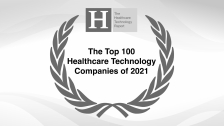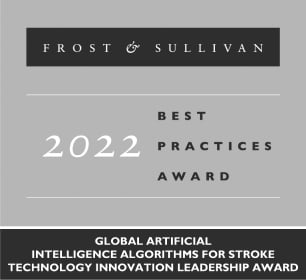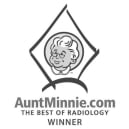Menlo Park, Calif. — July 28, 2020 — RapidAI, the worldwide leader in advanced imaging for stroke, today announced that Thomas Jefferson University Hospital in Philadelphia was the site of the one-millionth recorded Rapid® scan. Building on its leadership in AI-powered stroke imaging, with this news RapidAI fortifies its standing as the most widely used, clinically validated stroke imaging software for patient care, research, and clinical trials.
Based on intelligence gained from an unmatched 1,000,000+ scans from more than 1,600 hospitals in over 50 countries, the artificial intelligence-based Rapid platform creates high-quality, advanced images from non-contrast CT, CT angiography, CT perfusion, and MRI diffusion and perfusion scans. The platform offers an end-to-end portfolio of advanced cerebrovascular imaging analysis products—including Rapid ICH, Rapid ASPECTS, Rapid CTA, Rapid CTP, and Rapid MRI.
Now, with over one million scans, RapidAI can leverage even more statistical power and data to enhance performance and improve patient care at individual hospitals as well as larger networks and systems around the world.
With its region-wide reputation for quality stroke care, Thomas Jefferson University Hospital in Philadelphia, Pennsylvania, has been awarded the distinction of the one-millionth recorded Rapid scan.
“Stroke imaging and care have evolved quickly over the last couple of years, thanks in large part to innovations from the likes of RapidAI as well as expanded AHA/ASA stroke guidelines,” said Pascal Jabbour, MD, Professor of Neurological Surgery and the Chief of the Division of Neurovascular and Endovascular Neurosurgery in the Department of Neurological Surgery at the Sidney Kimmel Medical College at Thomas Jefferson University. “We are gratified to be the site of the one-millionth Rapid scan as we are always in pursuit of the tools, techniques and intelligence that lead to better patient outcomes.”
The complete Rapid platform currently includes:
Peter Evers
Natron Communications
(415) 524-8899
peter@natroncomm.com


